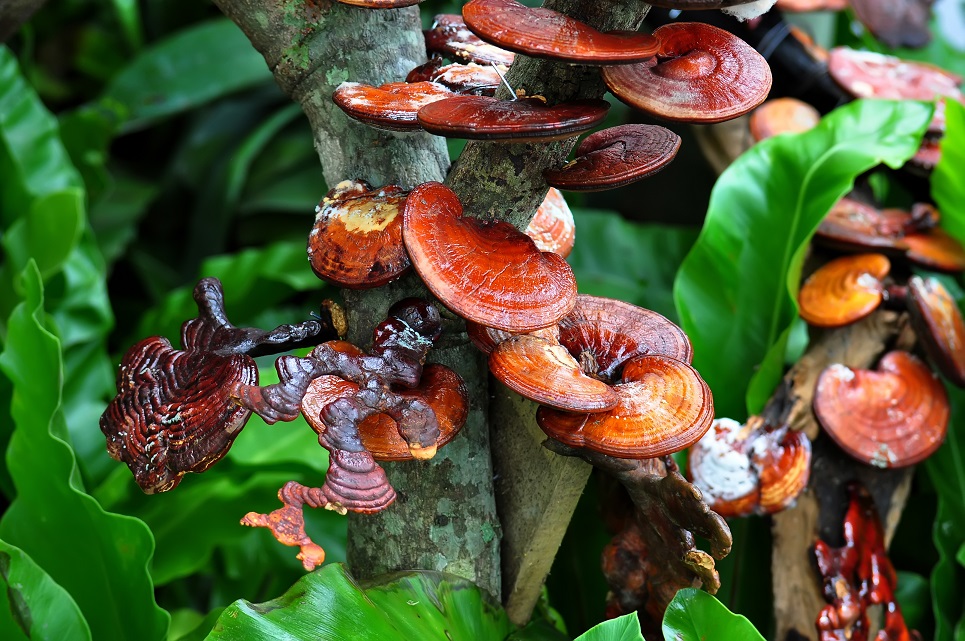Synopsis
Breast
cancer is one of the most dangerous types of cancer in the US. It is second
leading type of cancer and the second most common cause of death in women, with
roughly 230,000 new cases diagnosed each year in female individuals only. Inflammatory
breast cancer (IBC) is an especially dangerous, yet uncommon form of breast
cancer accounting for just 1-5% of total cases that causes lymph vessels of the
breast’s skin to become blocked1.
Therapies
Treatment for Inflammatory breast cancer involves a so-called “multimodal approach”, which involves the first series of systemic chemotherapy cycles to reduce cancer’s size, and then a subsequent surgical excision, and lastly a full radiation therapy treatment. Hormone therapies such as tamoxifen and letrozole may also help to block the growth of estrogen-dependent cancer cells. Some new studies point to Ganoderma Lucidum, the famous “Mushroom of Immortality” of traditional Chinese medicine, as a potential new remedy to treat or prevent breast cancer2.
Science
Ganoderma Lucidum natural cytotoxic, immunomodulating and anti-inflammatory activities could be very effective in treating IBC, and the mushroom is also able to suppress tumor growth by inhibiting protein synthesis and specific proliferative signaling pathways. Breast cancer cells proliferation is suppressed by the mushroom extracts by downregulation of the Akt/NF-kappaB signaling pathway, which in turn prevents the tumor cells from replicating. Cell migration and adhesion are also suppressed, preventing cancer’s expansion to nearby anatomic regions, and reducing the tumor potential invasiveness3.
REFERENCE LINKS:
1. “A Snapshot of Breast Cancer”. National Cancer Institute. http://www.cancer.gov/research/progress/snapshots/breast Retrieved 2015-11-02.
2. Jiang, Jiahua; Slivova, Veronika; Harvey, Kevin; Valachovicova, Tatiana; Sliva, Daniel (2004-01-01). “Ganoderma lucidum suppresses growth of breast cancer cells through the inhibition of Akt/NF-kappaB signaling”. Nutrition and Cancer 49 (2): 209–216. doi:10.1207/s15327914nc4902_13. ISSN 0163-5581. PMID 15489214.
3. Suarez-Arroyo, Ivette J.; Rosario-Acevedo, Raysa; Aguilar-Perez, Alexandra; Clemente, Pedro L.; Cubano, Luis A.; Serrano, Juan; Schneider, Robert J.; Martínez-Montemayor, Michelle M. (2013-01-01). “Anti-tumor effects of Ganoderma lucidum (reishi) in inflammatory breast cancer in in vivo and in vitro models”. PloS One 8 (2): e57431. doi:10.1371/journal.pone.0057431. ISSN 1932-6203. PMC 3585368. PMID 23468988.
Authors:
Dr. Claudio
Butticè, PharmD.







